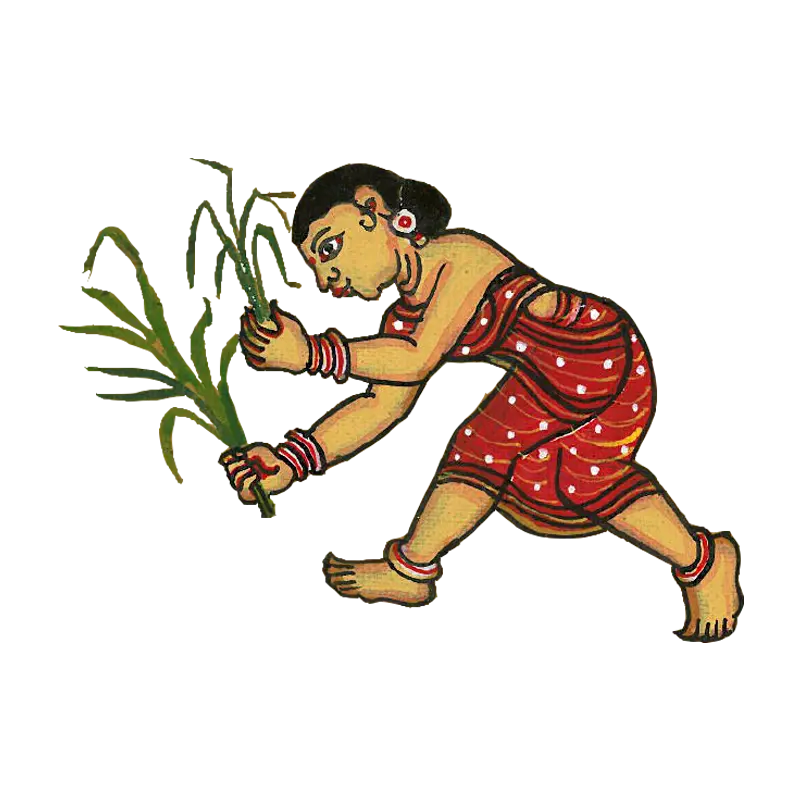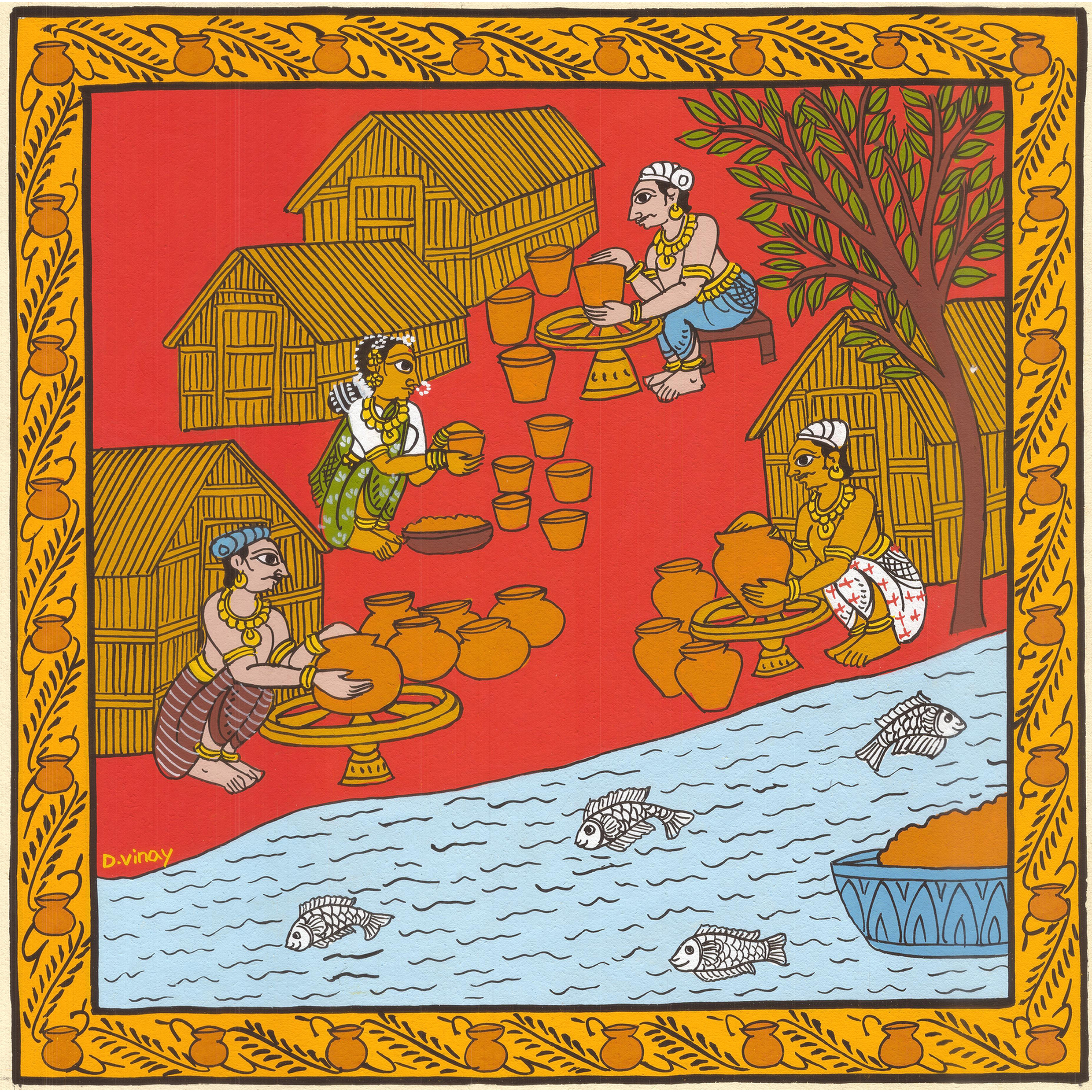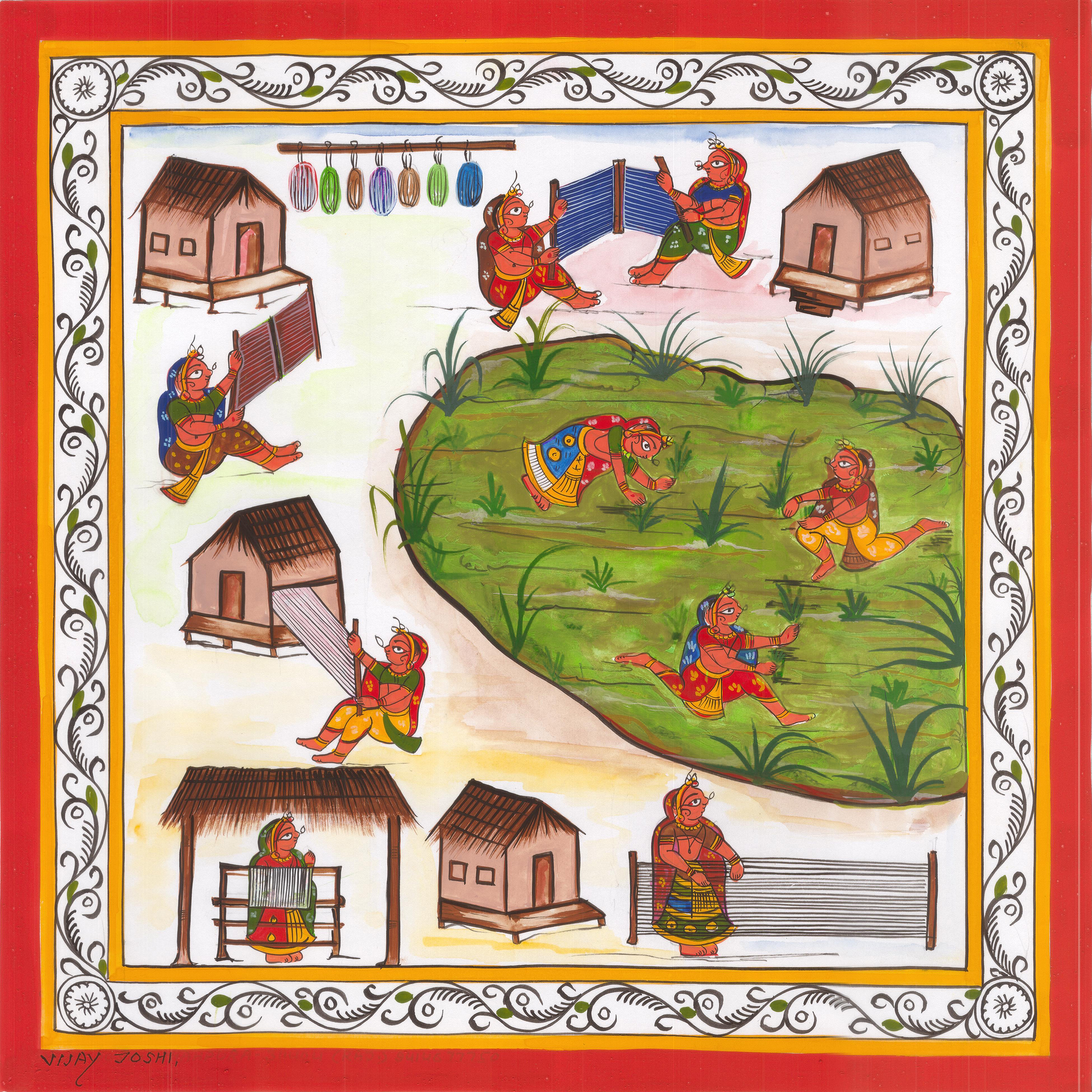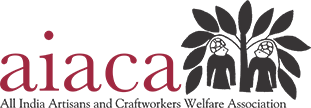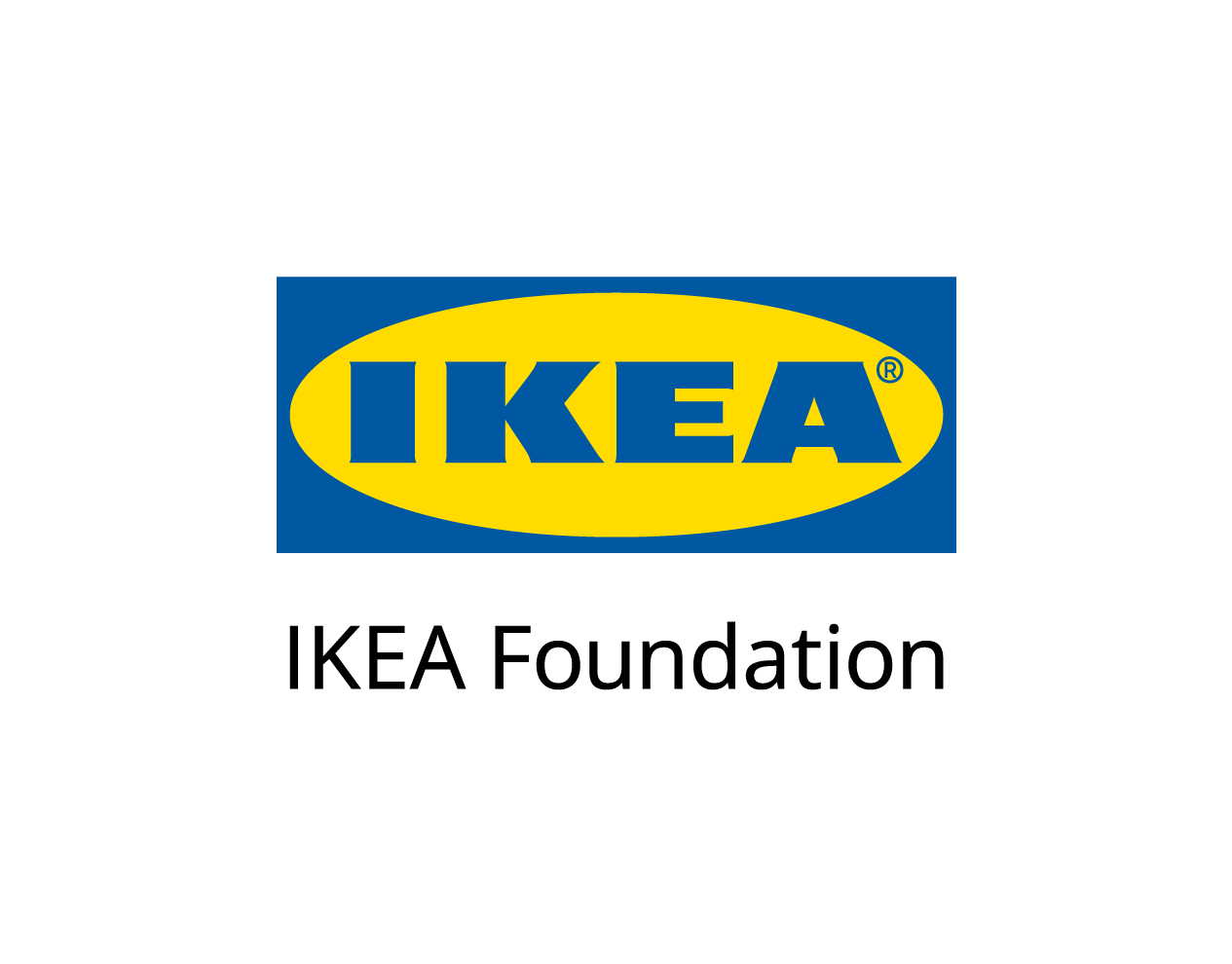Stories of change, stories of thousand little steps towards innovation, towards cohesive spirit, towards resilience, sun powered micro-enterprises, community driven transformation.
#BuildBackBetter
Through this initiative, the 'Let’s Rise Up' campaign by SELCO Foundation and IKEA Foundation with AIACA captures vignettes from six states in six local art forms and showcases, what a community resolve and renewable energy can achieve together.
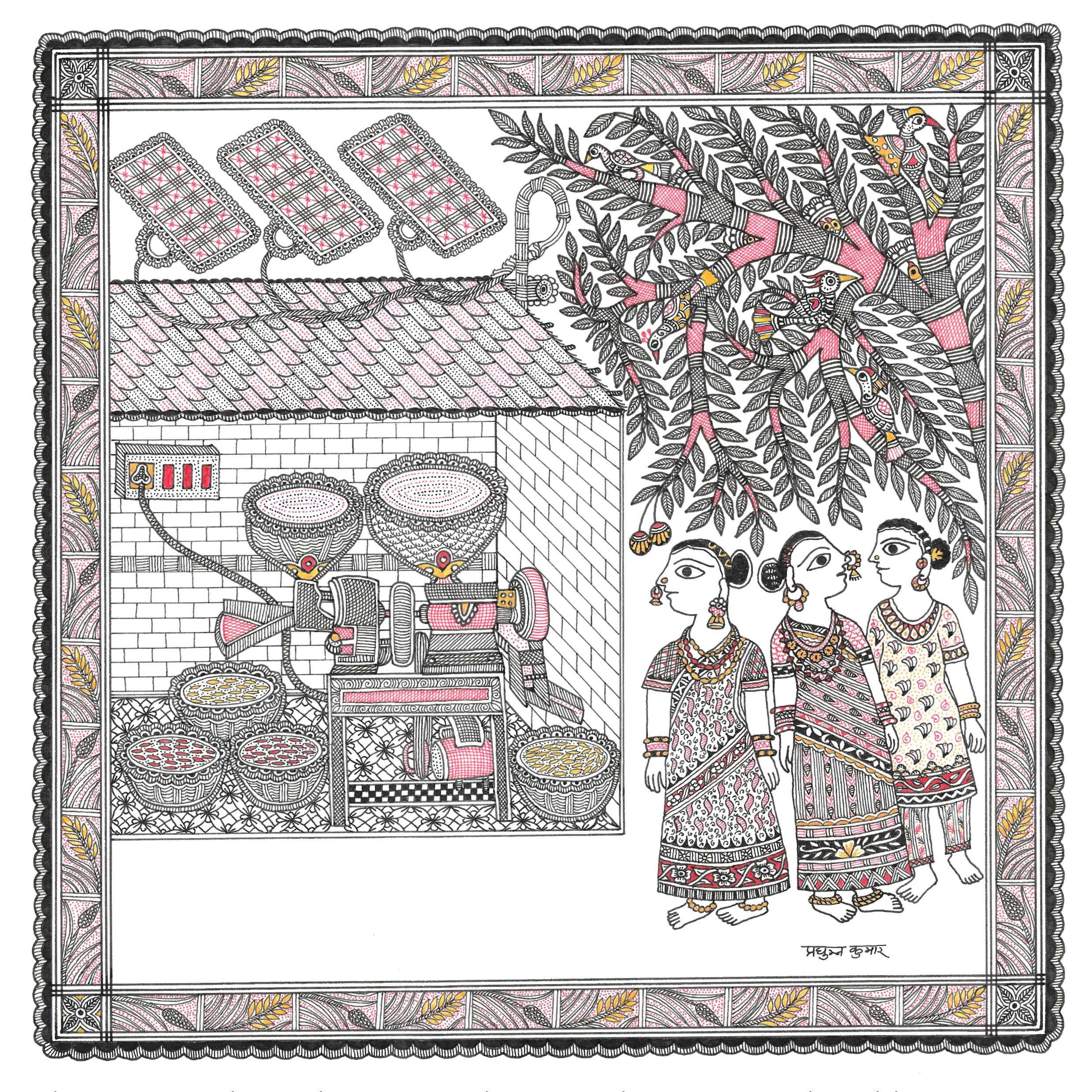
Sustainable Energy Innovations for Gender Inclusivity
(Madhubani by Pushpa Kumari and Pradhyuman Kumar)0106
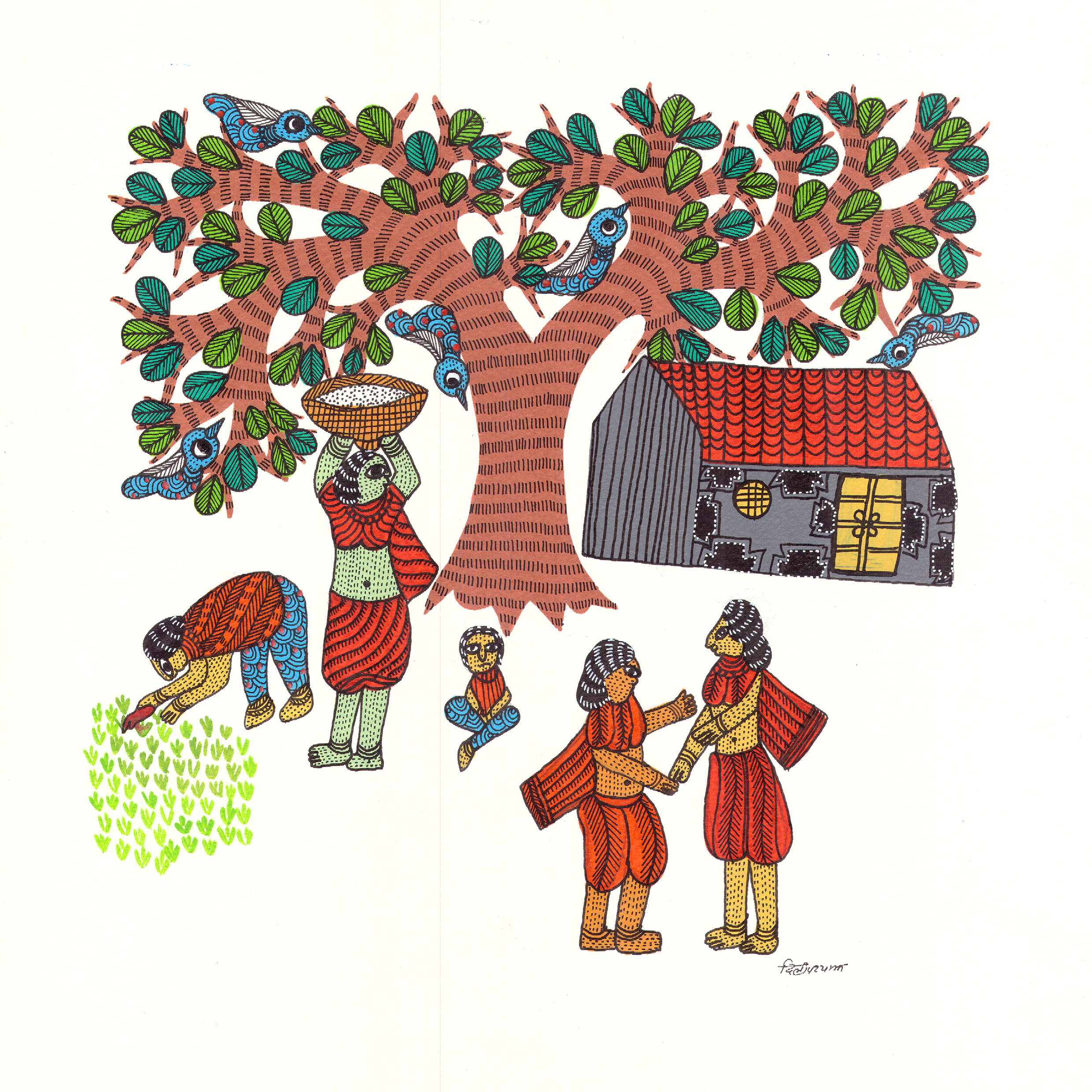
Re-defining Scale and Decentralising Services through SDG7-driven Innovations
(Gond by Dilip Shyam)0306
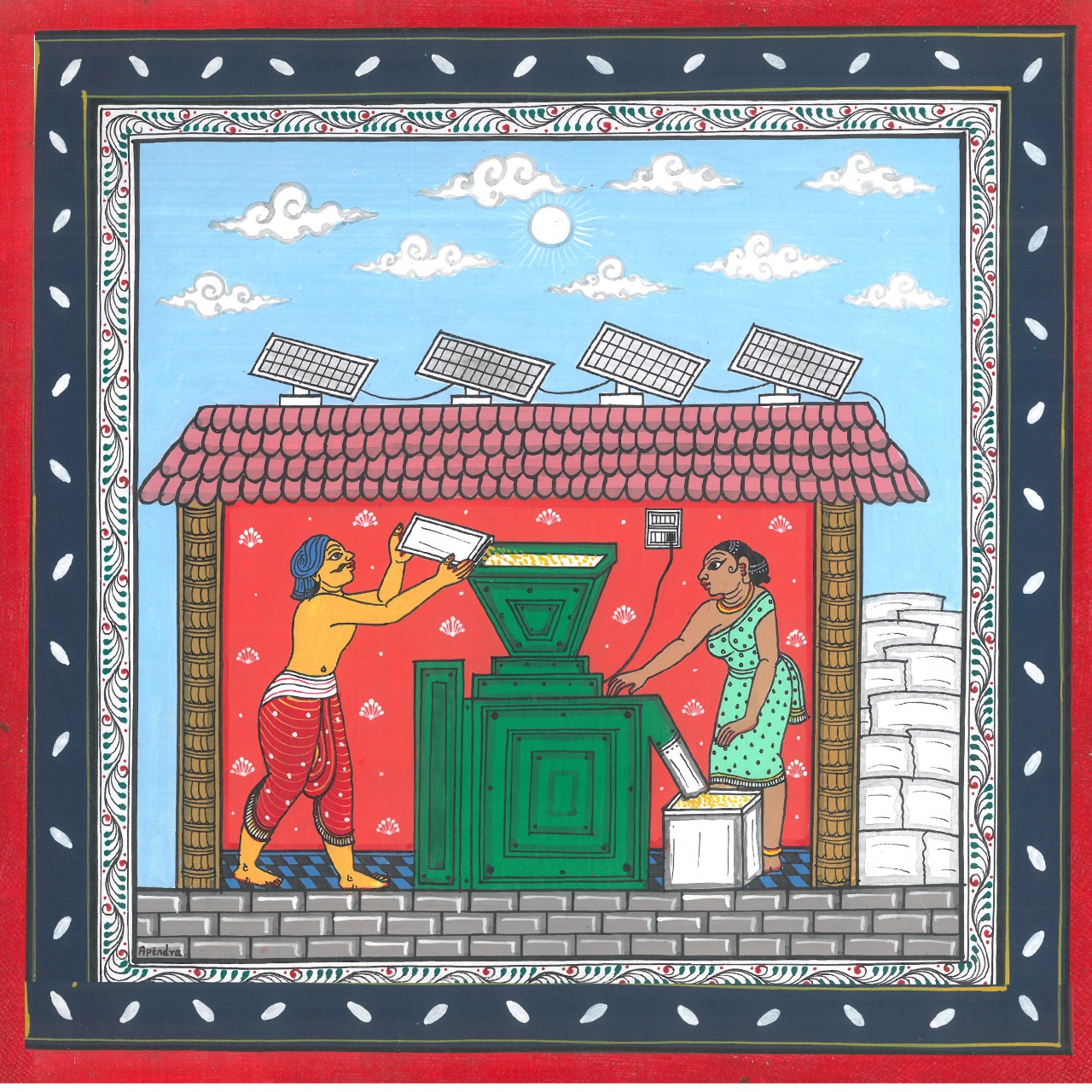
SDG7 Driven Solutions Build Socially and Environmentally Sustainable Communities
(Patachitra by Apindra Swain)0406
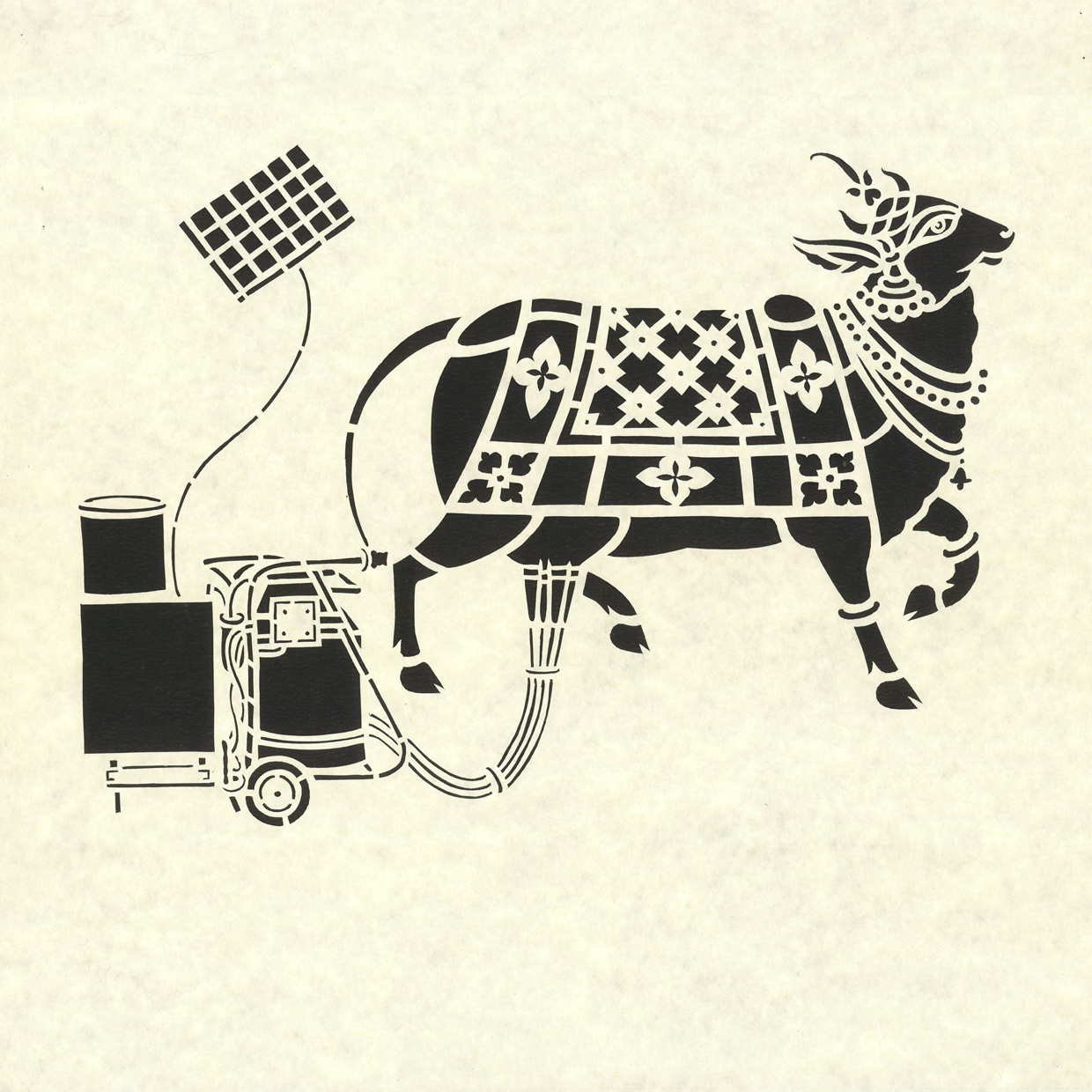
Inclusive Sustainable Energy Solutions are a Combination of Technology, Financial and Social Innovations
(Sanjhi by Mohan Kumar Verma)0506
LOAD MORELOADINGNO MORE
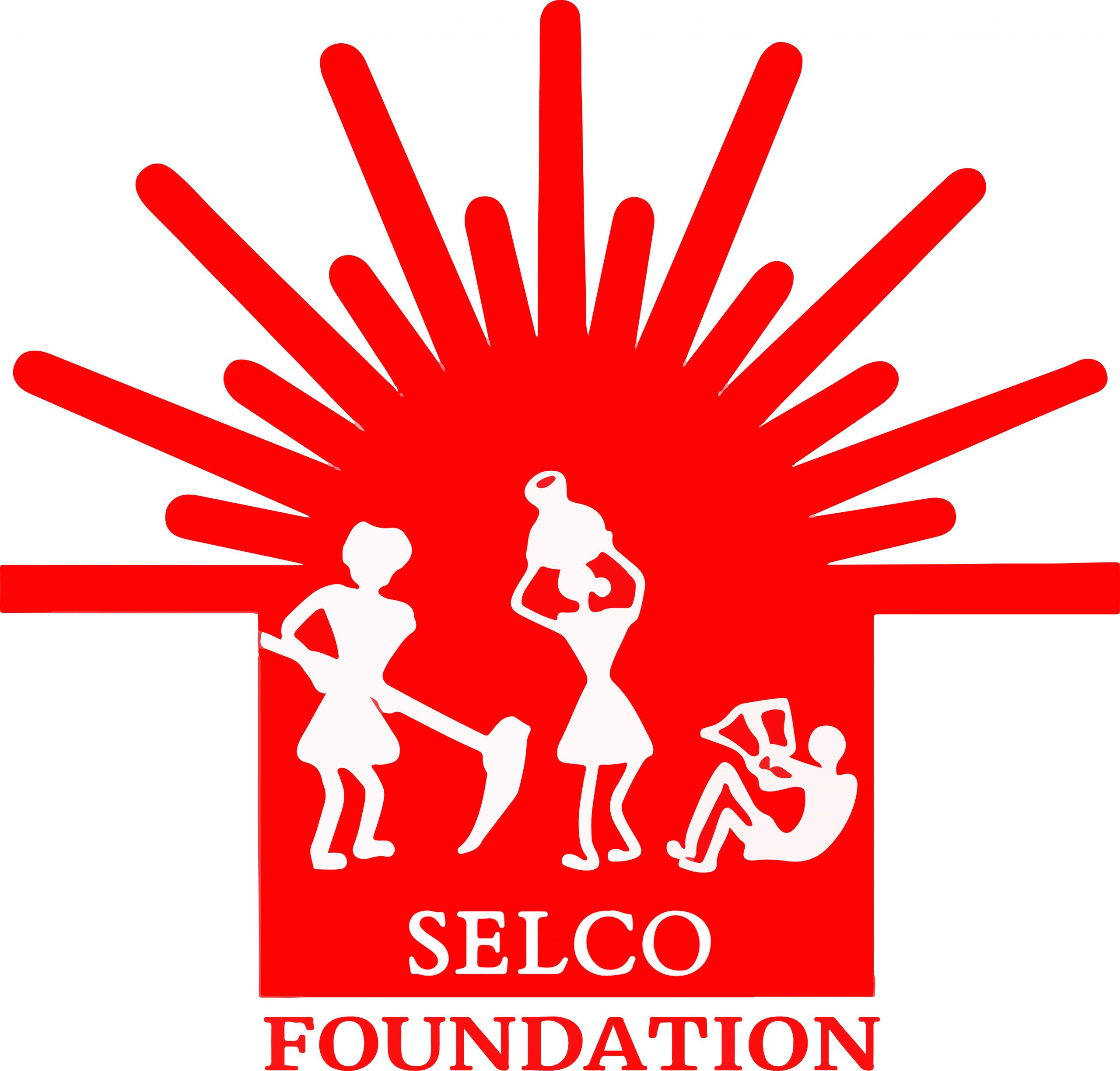

SELCO Foundation
# 690, 15th Cross, 2nd Phase J P Nagar, Bangalore 560078
Copyright 2021. All rights reserved.



